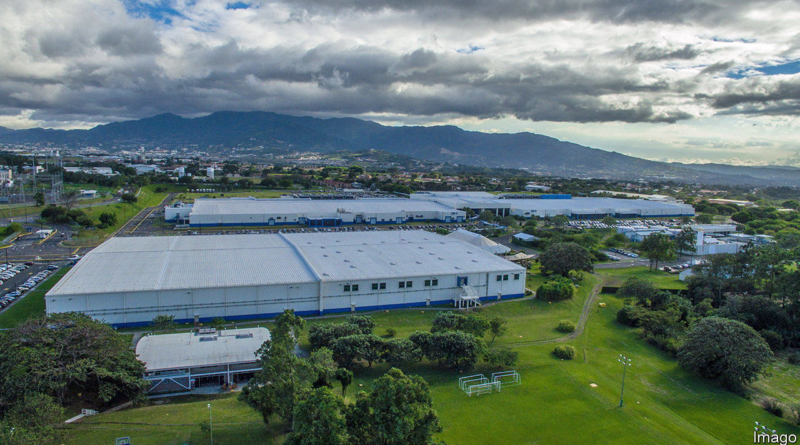Mexico and Brazil dither as chip supply chains are reforged – The Economist
Try our new AI-powered search
beta
Latin America is famous for many things, from magical realism to the Amazon rainforest. Semiconductor manufacturing is not one of them. But that could be changing. In July last year the United States and Costa Rica announced they would work together to “diversify and grow the global semiconductor ecosystem”. Days later the US unveiled a similar partnership with Panama. Intel, a US chip manufacturer, then said it would invest $1.2bn in Costa Rica over two years. Mexico and Brazil, the region’s biggest economies, claim to have ambitions in silicon.
Growing Latin American interest in chipmaking is driven by US attempts to loosen Asia’s grip on the business. About 75% of the world’s chips are made in Japan, South Korea, China or Taiwan. This irks US policymakers, partly because they covet manufacturing jobs for discontented blue-collar workers, and partly because they worry about relying on countries within China’s potential sphere of influence for products as vital as chips. The protectionism these concerns have prompted may well end up boosting Latin America.
This article appeared in the The Americas section of the print edition under the headline “A tempting package”
Discover stories from this section and more in the list of contents
She will have much work to do on drug-trafficking, security, migration and trade
But its participation is steadily increasing
The focus is as much on mitigation and preparation as on suppression
Published since September 1843 to take part in “a severe contest between intelligence, which presses forward, and an unworthy, timid ignorance obstructing our progress.”
To enhance your experience and ensure our website runs smoothly, we use cookies and similar technologies.
Copyright © The Economist Newspaper Limited 2024. All rights reserved.

